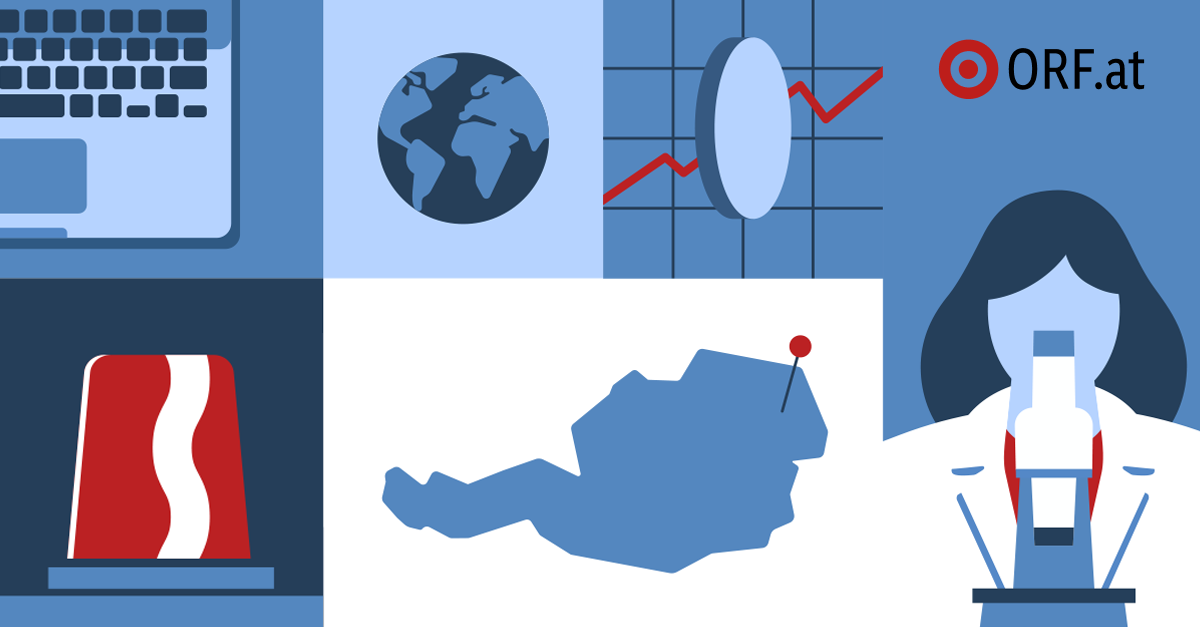EU heads of state and government are struggling to find a common position on the war in the Middle East. A summit draft calls for the creation of “humanitarian corridors and disruptions” to allow humanitarian aid supplies to reach the Gaza Strip.
Chancellor Karl Nehammer (ÖVP) also spoke out in favor of corridors and humanitarian disruptions, but was clearly against a ceasefire. “All fantasies about ceasefires, ceasefires, etc. they mean that Hamas feels encouraged to continue, to continue this terrible terror.”
There should be “no compromise” in the fight against Hamas, he said. Due to his historical responsibility, Austria considers itself a “defender” of Israel. Nehammer appealed to Palestinians in the region not to allow themselves to be “instrumentalized” by Hamas.
Scholz: People in the Gaza Strip are victims of Hamas
Before the start of the meeting in Brussels, German Chancellor Olaf Scholz said it was important “to do everything to ensure that this conflict does not escalate throughout the region” – for example, through Hezbollah or Iran.
At the same time, Scholz stressed that it was also about making it clear together that the EU supports Israel in defending its own country against the “terrible attack by Hamas”. The population of the Gaza Strip is also victims of Hamas, which came to power through a coup d’état.
Israel is “a democratic state with very humanitarian principles.” Scholz said he was certain that the Israeli army observed the rules of international law and had no doubts about it.
Sánchez supports Guterres
Spanish Prime Minister Pedro Sanchez, whose country currently holds the Council Presidency, spoke clearly in favor of a “humanitarian pause”. The suffering in Gaza is unacceptable. He supports UN Secretary-General António Guterres in his calls for an “urgent opening of the humanitarian corridor to provide aid”.
Sánchez expects an “intense debate” and “a lot of work in the next two days so that all states can agree on the conclusions.” Sanchez again called for an international peace conference that would promote a two-state solution.
Von der Leyen: EU must act decisively
Recently, EU Member States still disagreed over the exact wording of the summit declaration. Austria did not want to directly join the call for a “ceasefire”. Hungarian Prime Minister Viktor Orban also did not want to make any commitments when he arrived at the European Council.
European Commission President Ursula von der Leyen emphasized that, given the many challenges posed by the wars in Ukraine and the Middle East, the EU must “act and react decisively and resolutely”.

